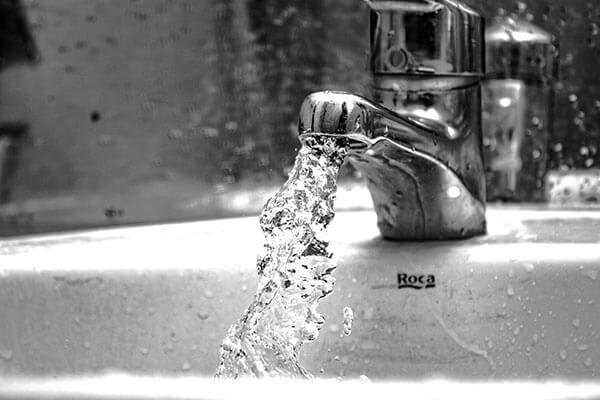Water Management Solutions for Businesses

Water Industry in Australia and New Zealand
The water industry encompasses any businesses or organisations involved in storing, purifying and supplying water. This includes organisations that run dams, filtration plants, pumping stations, water catchments, pipelines for water transport, reservoirs and wastewater treatment plants. Over 28,000 people are employed by the industry and has an estimated annual revenue of around $23 billion in Australia. Water is integral to the prosperity of a nation, and as the driest inhabited nation on Earth, Australia must be prepared for anything that could potentially threaten our water source. Most of Australia’s drinking water supply comes from surface water, which refers to water that comes from any above-ground body of water. Groundwater and water from desalination plants are also large contributors to the drinking water supply in Australia.
Australia Water industry legislation
- Canberra Water Supply (Googong Dam) Act 1974 (ACT)
- Pollution of Waters by Oils and Noxious Substances Act 1986 (Vic)
- Water Act 1989 (Vic)
- Water Act 2007 (Cth)
- Water (Indigenous Values and Uses) Direction 2018
- Water Industry Act 2012 (SA)
- Water Management Act 2000 (NSW)
- Water Supply (Safety and Reliability) Act 2008 (Qld)
- Emergency Management Act 2013 (VIC)
- Emergency Management Act 2005 (WA)
- State Emergency and Rescue Management Act 1989 (NSW)
- Disaster Management Act 2003 (QLD)
- Emergency Management Act 2004 (SA)
- Emergency Management Act 2006 (TAS)
- Emergency Management Act 2013 (NT)
New Zealand Water industry legislation
- Biosecurity Act 1993
- Fisheries Act 1996
- Food Act 2014
- Hauraki Plains County Eastern Water-supply Empowering Act 1935
- Health Act 1956
- Health and Safety at Work Act 2015
- Irrigation Schemes Act 1990
- Public Bodies Contracts Act 1959
- Public Works Act 1981
- Reserves and other Lands Disposal and Public Bodies Empowering Act 1924
- Reserves and other Lands Disposal Act 1932
- Resource Management Act 1991
- Urban Development Act 2020
- Wellington Waterworks Act 1871
- Emergency Management Act 2013
Water and Wastewater Treatment Crisis Management

Business continuity plans for water and wastewater companies
Contact Us Now
Want to discover how we can assist your department with our services?
Fill out an enquiry form or call us on 0439 005 271 to find out more and to see how we can help your business prepare for the unknown.
Book your FREE 30 minutes resilience assessment now
- Discuss your challenge
- Walk away with the next steps
- You will get your situation evaluated
What our clients are saying
“What stood out about Resilient was their practical approach. Meeting the team impressed me with their focus on practical solutions rather than theoretical consultant-driven approaches.”
Geelong Port.
General Manager for Health, Safety, Environment, & Quality
“Business continuity plan is comprehensive and flawless.”
Top 4 Australian
Accounting Firm 2021

